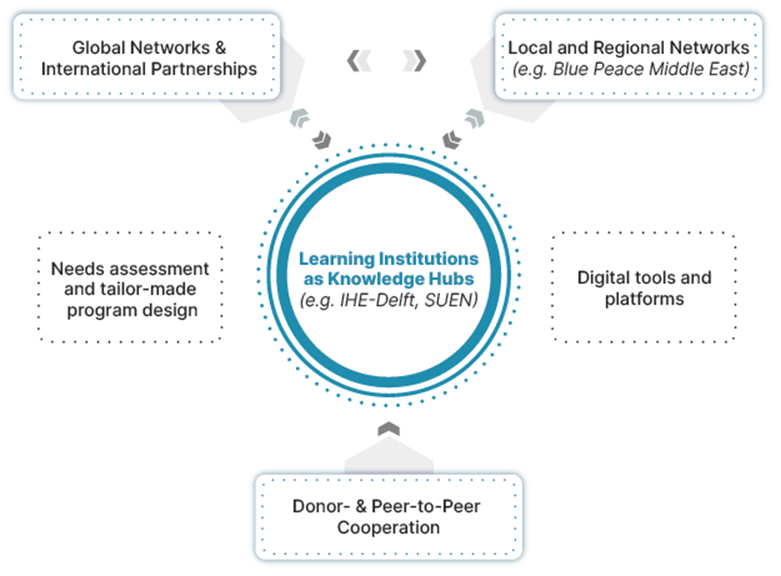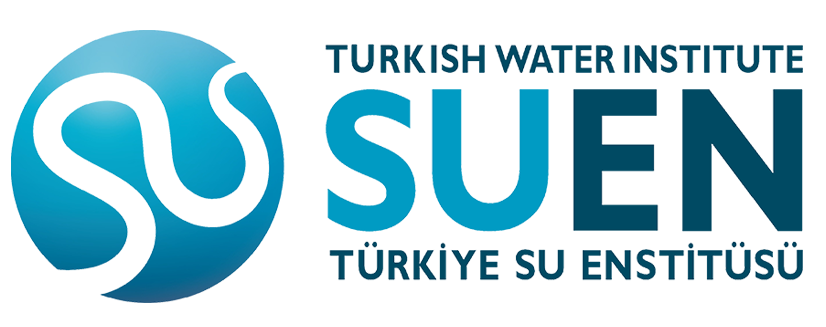SUEN took part in the 7th International Symposium on Knowledge and Capacity Development in the Water Sector, organized by IHE Delft — one of the world’s largest water education centers — in Delft, the Netherlands, on 2–4 July 2025. With the participation of more than 700 registered attendees from around the world, the symposium brought together academics, decision-makers, water sector experts, and young professionals to discuss the global need for knowledge and capacity building in water management.
In the opening speech, the UN Secretary-General’s Special Envoy on Water, Retno Marsudi, emphasized that capacity development is not merely a technical issue but a critical necessity for safeguarding the planet and enhancing the resilience of societies. Marsudi underlined that empowering a new generation of water professionals and ensuring knowledge transfer between generations will play a decisive role in achieving the Sustainable Development Goals.

IHE Delft Rector Prof. Eddy Moors also highlighted in his speech that, in the face of rapidly changing climate and social dynamics, knowledge sharing and capacity development have become more important than ever, stressing the need to strengthen inter-institutional cooperation. Moors further noted that lasting transformation in the water sector can be achieved through inclusive approaches and the active participation of young people in decision-making processes.
As part of the “Knowledge and Capacity Development for Sustainable Development” track, SUEN’s Training and Publication Coordinator Mustafa Salih Sarıkaya emphasized that achieving Sustainable Development Goal 6 (SDG 6) requires not only financial and technological resources but also robust, flexible, and locally adapted capacity development mechanisms. In this context, he pointed out that Türkiye —in particular SUEN — provides an important example with its work in capacity development. He highlighted SUEN’s modular and tailor-made training programs, cross-country cooperation models, regional partnership networks, and digital learning tools designed to strengthen capacity at different governance levels. Additionally, he emphasized the role of regional cooperation platforms such as the Blue Peace Middle East initiative in translating capacity development goals into concrete actions, stressing the need for strategies tailored to local and regional contexts.


